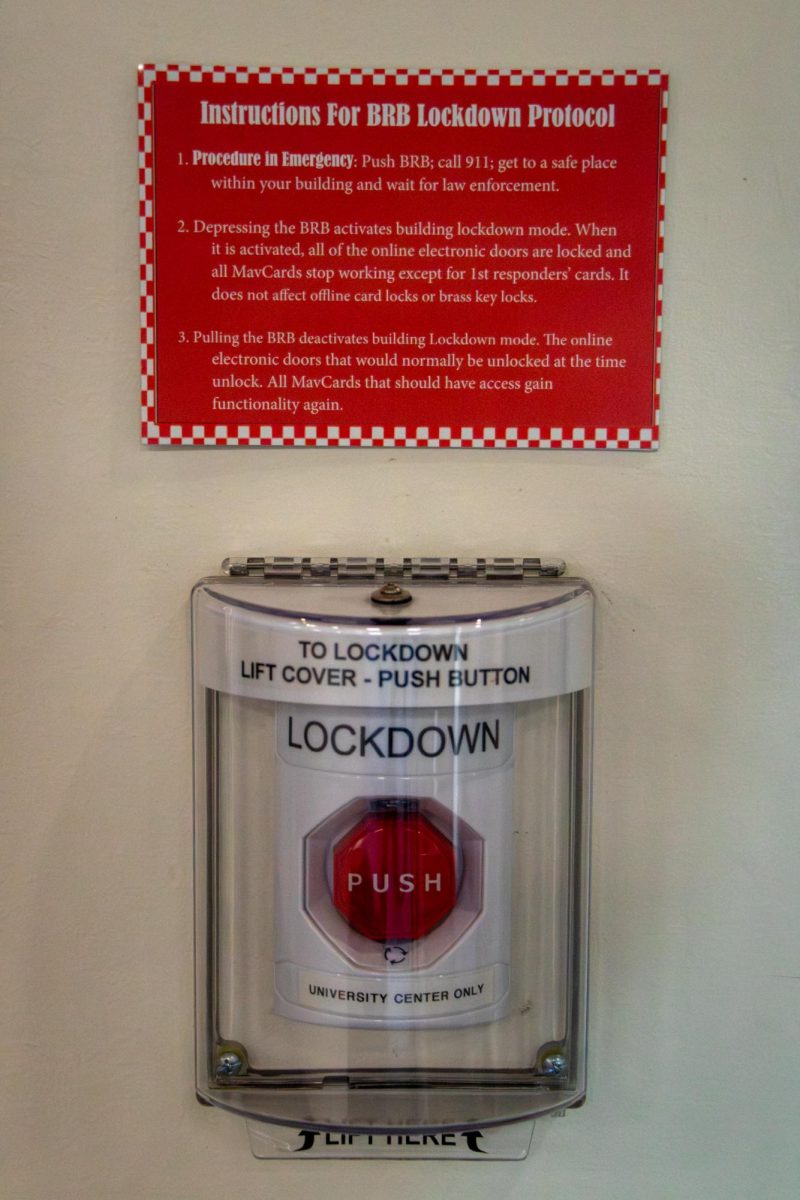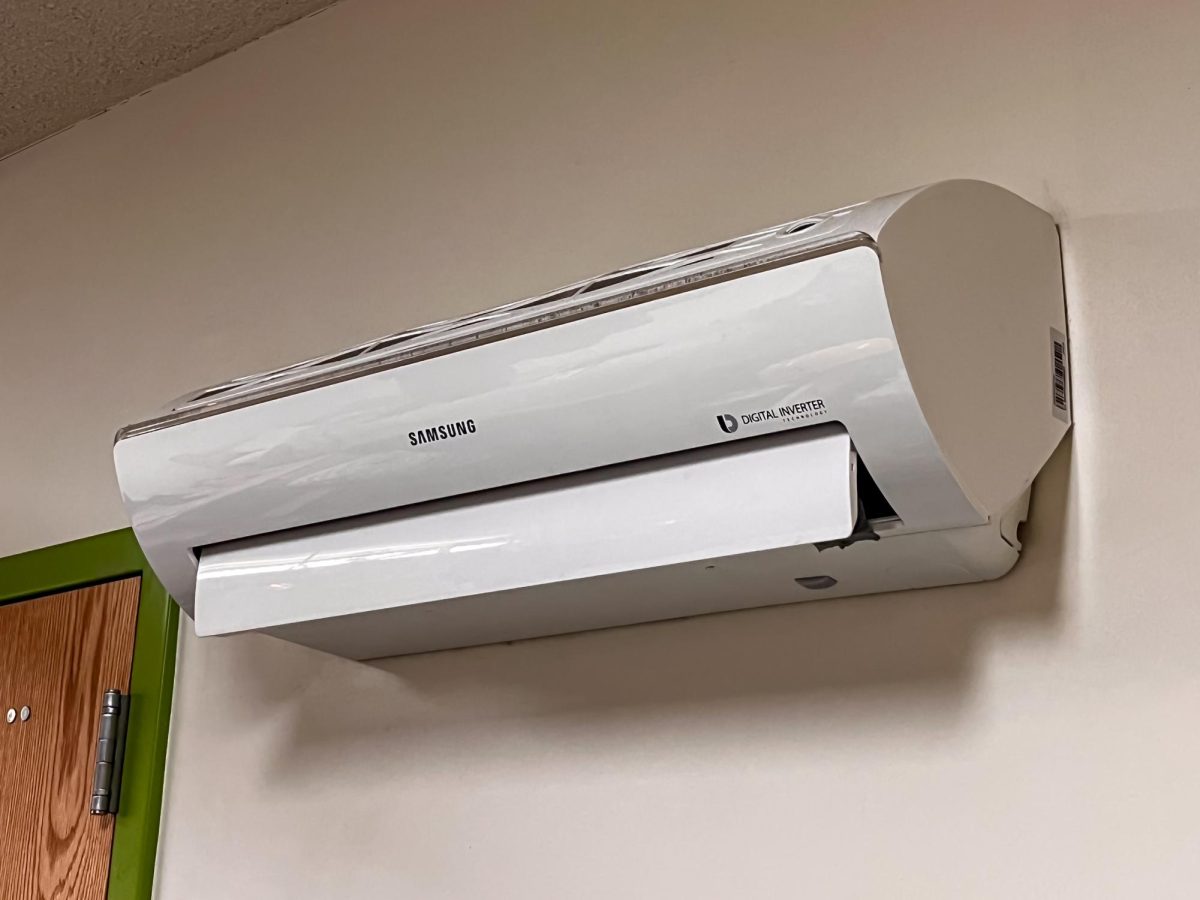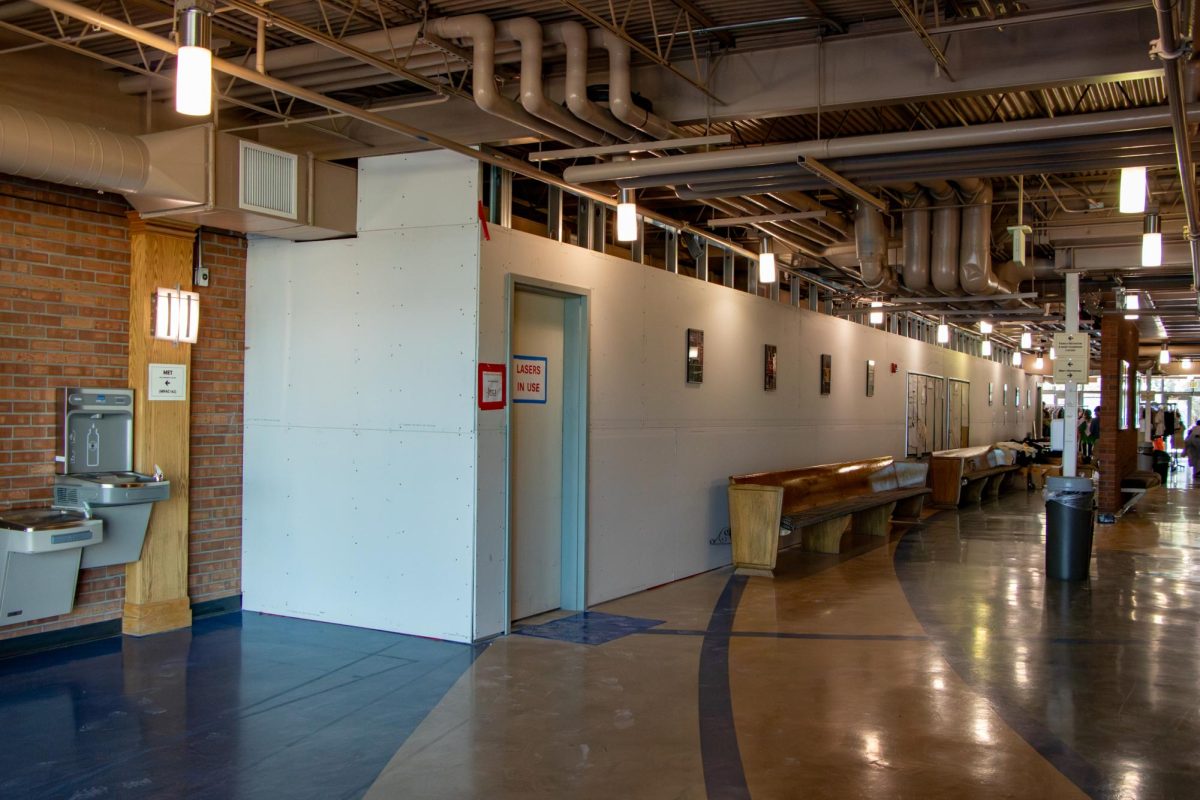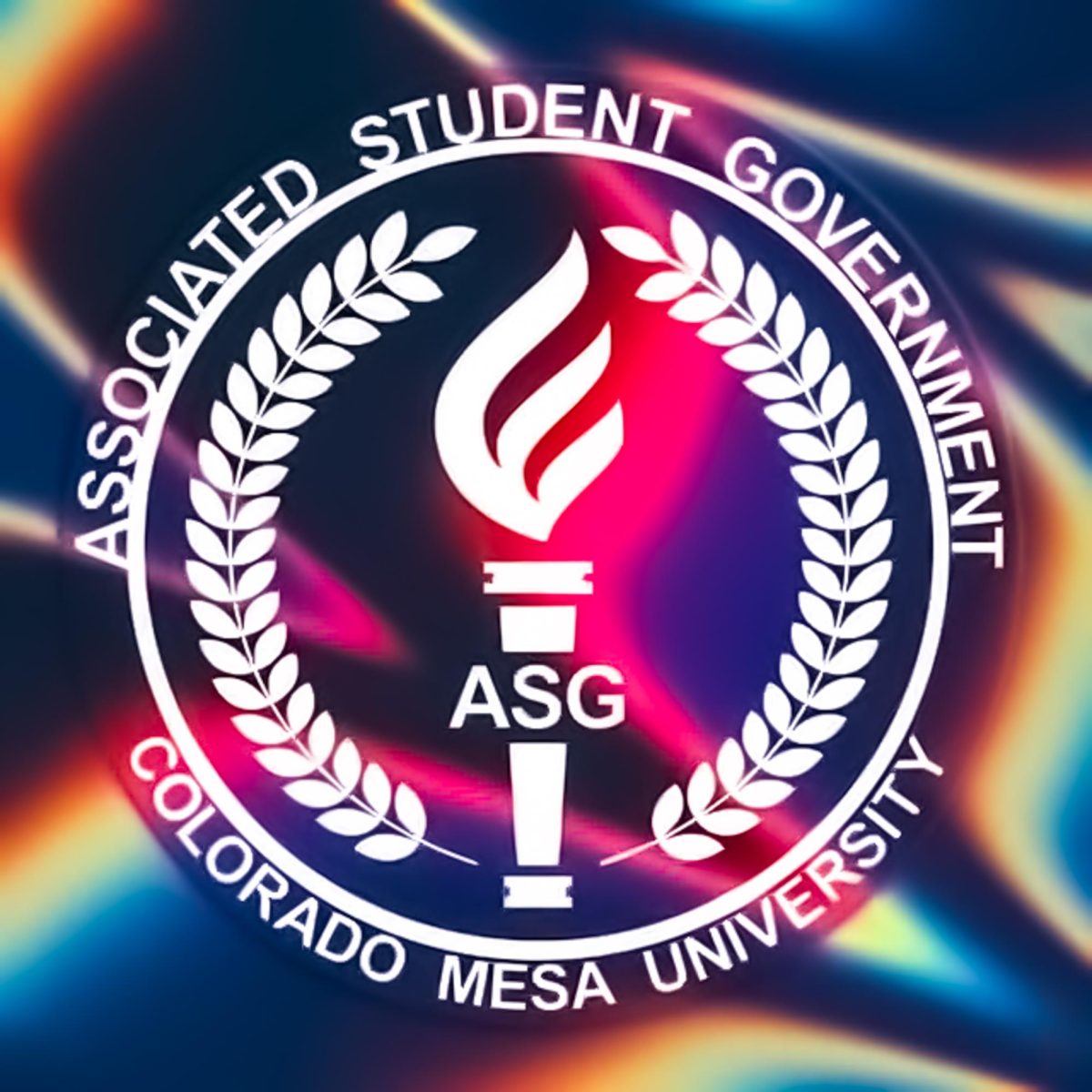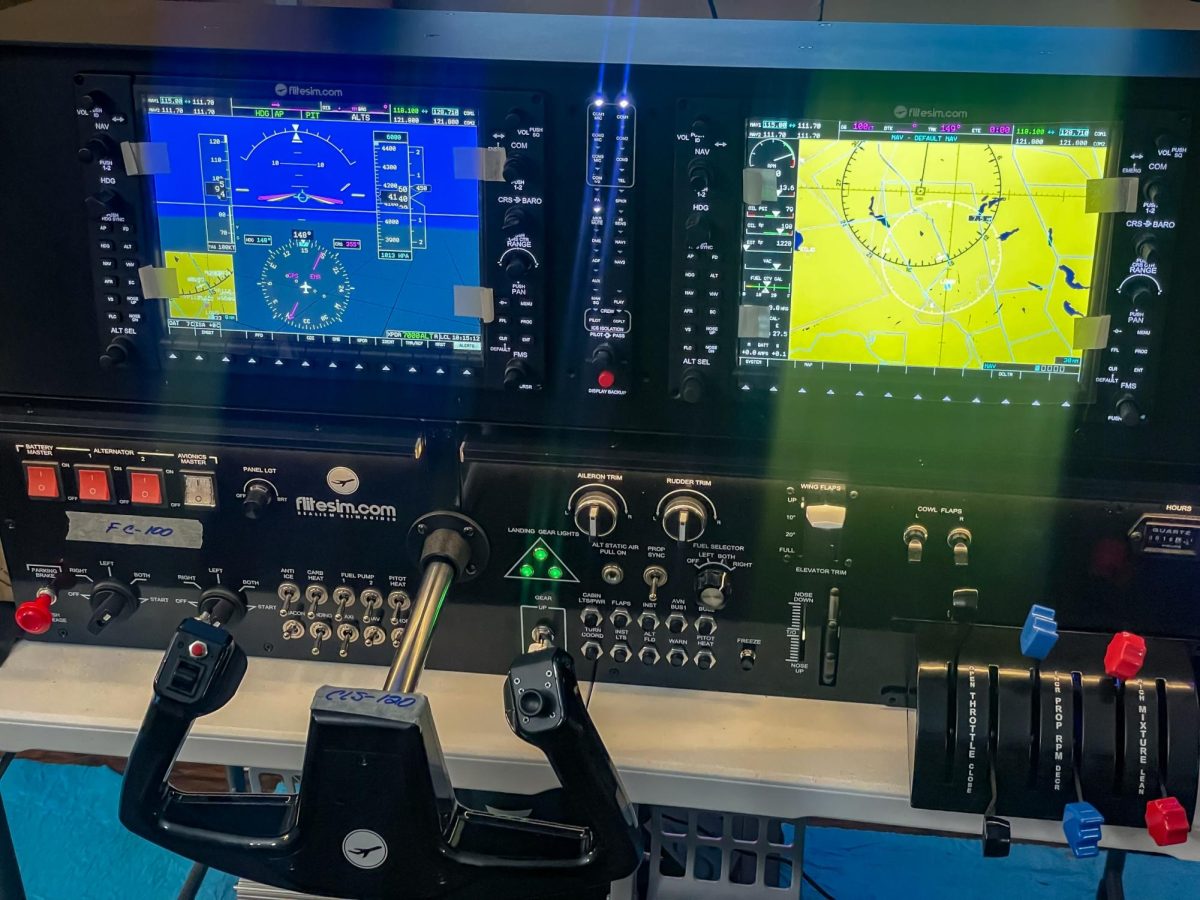The Ruth Powell Hutchins Water Center started in 2009 when Colorado Mesa University (CMU) faculty started a conversation with the Mesa County Water Association about how to share water resources.
The Water Center is specifically focused on the Upper Colorado River Basin, and strives to better understand how to improve the river. This is done through research in both the natural science field, as well as in policy.
The three main goals of this project are to expand research projects, educate the campus and wider community about water issues and create a dialogue about policy solutions. To accomplish this, the staff has drawn in stakeholders that include farmers, recreators, students and local governments to create effective change that will benefit every party.
Joel Sholtes is currently serving as the interim director of the Water Center. Sholtes is an Assistant Teaching Professor in the Colorado University/CMU engineering partnership program.
“I’d say the main things that it does is help educate students and the community members, as well as water users, such as agricultural folks, irrigators and people that work with water in the Grand Valley and the Western Slope. That’s through courses, seminars and there’s a conference that they put on every fall. The aim is to foster discussions about how we manage water, what we value in water, how we study water and to get information out there,” Sholtes said.
The current staff is going through some major changes after the previous director stepped down, but are still moving forward with education and research projects. Students at CMU can get involved in the Water Center in a lot of different ways.
There are research grants available for students who want to work in water policy or research in the future. Students can propose and help conduct research projects with faculty members who will help facilitate and create connections.
The Water Center also has an advisory board that helps guide the next steps of projects. The staff are currently looking for students who are interested in being involved directly on that board. Interested parties can contact Sholtes at [email protected]. Any faculty member or student who is interested in water is encouraged to reach out for any reason.
“We would love input on what folks want the Water Center to look like and what they would like to see the Water Center do beyond our existing scope. We’ll be advertising a public input opportunity for that as we engage in this conversation with the university,” Sholtes said.
Sholtes stated that one of his main goals is helping students. This includes connecting them professionally, helping with research and mentoring so that there is a new generation of people who will continue to work with water. Sholtes also wanted to expand the reach of the Water Center to a more diverse group of students and hopes to do so in the coming years.
“A lot of the discussions about drought and managing water are playing out here in this county, in this valley. I think it’s really important for the water centers that continue to exist to participate and add to that discussion as a representative. We want CMU to have a [say in] that discussion. By doing so, we give our students exposure to these bigger topics, knowledge and also ultimately focus more of our courses and opportunities for training students to work in the water field,” Sholtes said.
Information about the Water Center’s future plans, goals and opportunities can be found on the CMU website by typing the name into the search feature.




